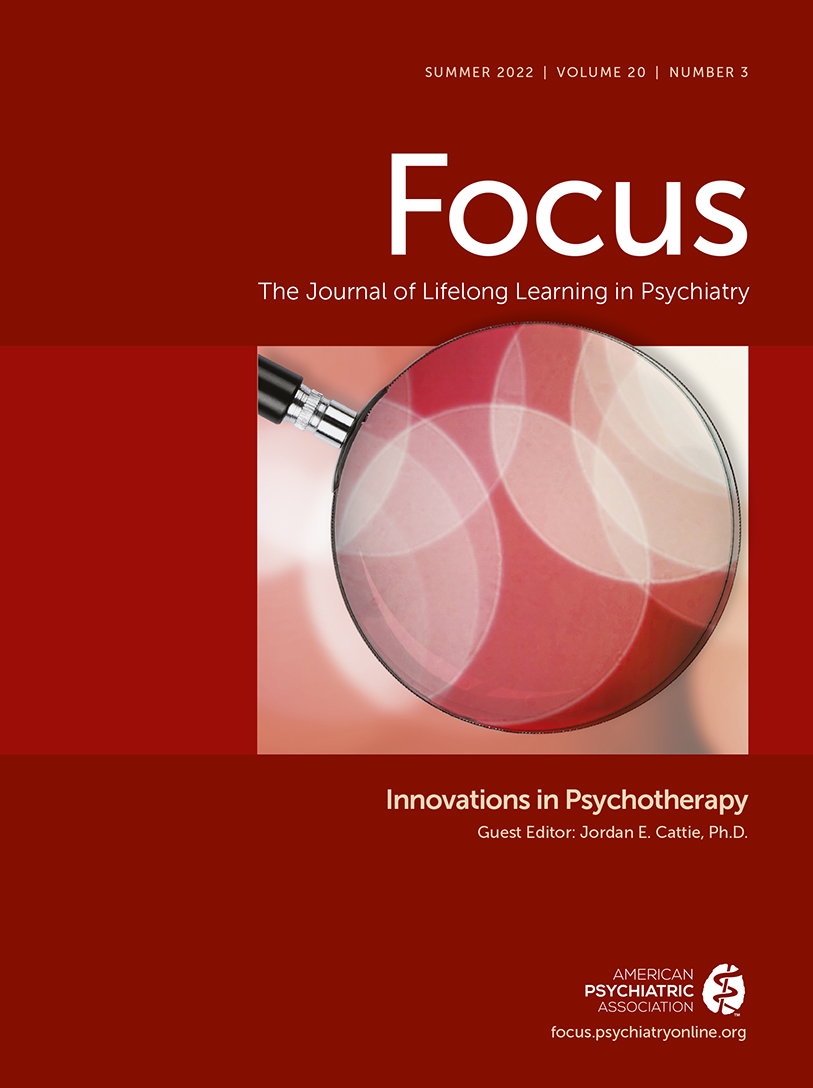Antiracist Practice in Psychiatry: Principles and Recommendations
Abstract
The COVID-19 pandemic has amplified mental health disparities among people of color, particularly for Black, Latinx, and American Indian populations. In addition to experiencing overt hostility and systemic injustice, people from marginalized racial-ethnic groups experience prejudice and bias from clinicians that has disrupted rapport and trust in mental health systems; these experiences, in turn, have deepened these health disparities. In this article, the authors describe factors that have served to perpetuate mental health disparities and outline key components of antiracist practice in psychiatry (and in mental health practice, more generally). With lessons learned in recent years, this article presents practical ways to incorporate antiracist practices into clinical care.



